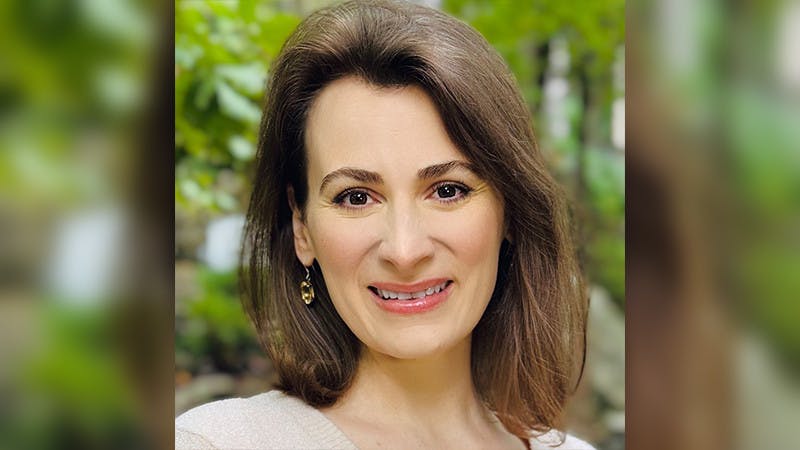On Wednesday night, student entrepreneurs presented technologies aiming to solve problems like “bulky, awkward baby products” and construction site accidents at the PennVention Final Innovation Fair.
The fair is the final stage of PennVention, an entirely student-run, year-long program that provides student tech entrepreneurs with “access to business and technical mentoring, and specialized workshops.” The program includes an Innovation Workshop, Mini-Mentoring Marathon and the Elevator Pitch Competition — a competition in which teams pitch business ideas in under two minutes.
This year, 12 participating teams competed for nearly $10,000 in prize money by pitching their business ideas to a panel of 14 judges that included the founding partner of First Round Capital and the CEO of a medical device company holding over 35 patents.
At last night’s fair, teams had up to nine minutes to flesh out their business models and showcase their products.
The grand prize of $5,000 went to MacuLens, an idea conceived by Wharton School graduate students Robert Bressler and Frank Brodie that utilizes cutting-edge technology in glasses to help reduce glare and blind spots caused by bright lights.
The second and third prize winners are not new to competitions held by the Weiss Tech House as both teams participated in the Elevator Pitch Competition earlier this semester.
Tink, a 3D printing database for industrial spare parts, won the second place prize of $2500. The developers, Wharton graduate students Annie Wang and Zach Simkin, envisioned Tink as an iTunes for spare machine parts, allowing on-site, on-demand access to industrial businesses.
The third place prize of $1,500 went to PicClick, a computer vision technology developed by Engineering graduate students James Hui and Menglong Zhu. The technology extracts texts from images, correcting for distortion and perspective to make it legible so that users can click on a restaurant name in a photo to Yelp it.
Although most of the participants are Wharton or Engineering graduate students, there were also participants from different schools, including Harvard and Drexel universities.
“I think we’ve observed really big increasing quality,” Sakib Dadi, Wharton and Engineering sophomore and PennVention committee chair, said.
“Some of the competitors came from the Y-prize Competition … and had gone through the process before,” Nilesh Kavthekar, Wharton and Engineering freshman and co-organizer of the PennVention Final Innovation Fair, added.
The competition also drew in audience members interested in tech entrepreneurship, like Engineering freshman Monica Wojciechowski who is “hoping to participate in the future.”
Dadi pointed to the mentorship provided to competitors as one of the most valuable components of the competition. Teams received training on pitching from professors from the Wharton-Omnicom Communication Fellows Program and delivered structured slideshows and pitches that addressed issues from analysis of major competitors and revenue models at the competition.
According to Dadi, the Weiss Tech House, while still maintaining a tech focus, is pushing more towards long-term business viability for the products developed.
“What we really want is for them to have developed the skills that will make them successful for future pitches and for future businesses,” Dadi said. “We want them to be really prepared to take these businesses and make them a reality.”
The Daily Pennsylvanian is an independent, student-run newspaper. Please consider making a donation to support the coverage that shapes the University. Your generosity ensures a future of strong journalism at Penn.
DonatePlease note All comments are eligible for publication in The Daily Pennsylvanian.






